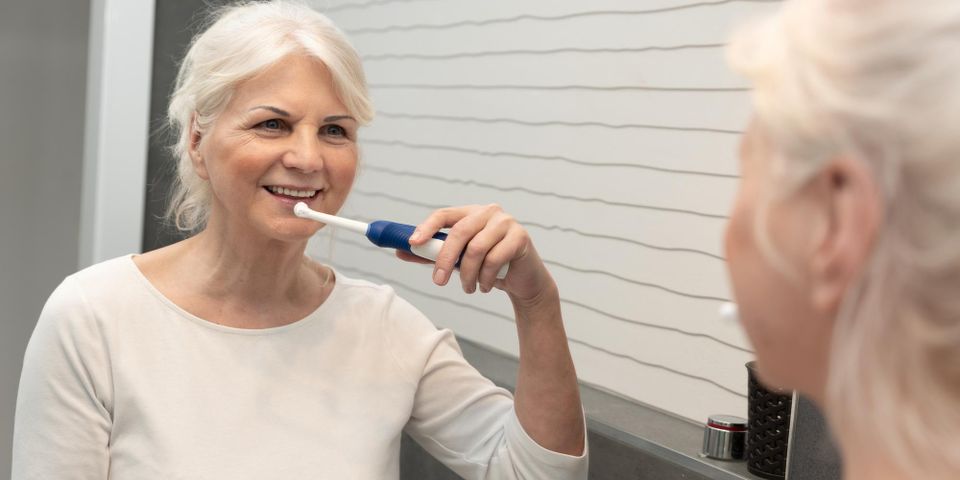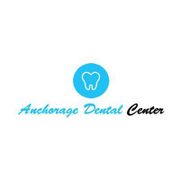
Many seniors face oral health issues. Fortunately, by knowing the main causes of dental problems, you can often avoid trips to the dentist to address concerns. Use the guide below to maintain a healthy smile at all stages in life.
How Does Aging Impact Oral Health?
Several factors can complicate oral care for seniors. For example, brushing and flossing become more difficult for those with mobility issues or arthritis, increasing the risk of cavities.
People naturally generate less saliva with age, which means fewer food particles are rinsed off the surfaces of the teeth. Saliva also neutralizes bacterial acids, so decreased production increases the risk of decay. Certain medications, including high blood pressure pills and antihistamines, also decrease saliva production.
 As a result, seniors have much higher rates of dental problems, including periodontal disease. In fact, studies have shown that just over 70% of seniors over the age of 65 have periodontal disease, which often results in infections and tooth loss.
As a result, seniors have much higher rates of dental problems, including periodontal disease. In fact, studies have shown that just over 70% of seniors over the age of 65 have periodontal disease, which often results in infections and tooth loss.
How Can You Keep Your Teeth Healthy?
Fortunately, keeping up with regular oral hygiene will help you avoid dental problems. In addition to attending biannual dental checkups to have your teeth cleaned, brush twice a day with a fluoride toothpaste and floss daily to remove food debris.
Watch out for signs of gum disease, including reddened, bleeding, and swollen gums, or chronic bad breath. If caught early, periodontitis is easily reversible with professional cleanings.
If you’re due for a checkup, turn to the dentists at Anchorage Dental Center. Since 1964, this clinic has been helping entire families maintain healthy smiles. They offer a range of nonsurgical gum treatments to address gum disease, including deep cleanings and root planing. Learn more about their approach to oral health on their website or call (907) 278-2521 to schedule an appointment with a dentist.
About the Business
Have a question? Ask the experts!
Send your question

